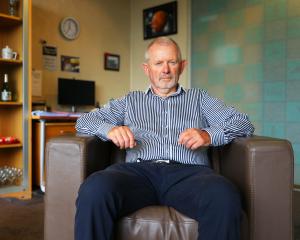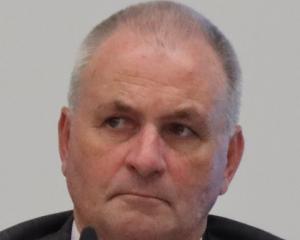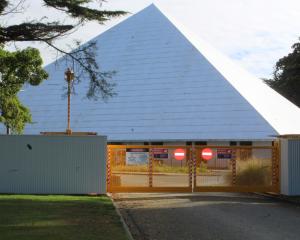A disproportionately high rates increase for Mataura businesses has brought the Gore district’s rating system into question.
The Gore District Council adopted its 2022-23 annual plan at an extraordinary council meeting yesterday, delivering a 5.94% average rates increase across the district.
Chief executive Stephen Parry said it was a pleasing result considering inflation was 6.9% in the first quarter of this year.
"A common catch-cry of council critics is rates increases should be in line with inflation, so the council is pleased it has managed to keep the rates increase below inflation."
However, examples in the annual plan said the increase for some property owners was far higher than inflation.
For a business in Mataura valued at $600,000, rates would go up 25.69%.
Council chief financial officer Lornae Straith said it was a consequence of the council’s revenue and financing policy.
"Mataura residential and urban rates are subsidised by heavy industry properties within the Mataura rating area. The revenue and financing policy dictates that the heavy industry rates increase is adjusted in line with the district-wide average increase which is 5.94%."
Roading costs had increased 20%, but because of the policy, this increase was not picked up by Mataura’s heavy industry ratepayers, she said.
"Therefore the policy pushes those costs on to Mataura residential and commercial ratepayers, but in particular commercial ratepayers."
Mr Parry said it was a clear example of the inequities in the council’s rating system and it was "in dire need of a first principles overhaul".
Mayor Tracy Hicks said it was clear the system needed looking at.
"[We need] an elegant system to get a good result and patently what we have at the moment is not that elegant."
Mr Parry said the council was "duty-bound" to follow the system, though it could be reviewed next year when the council looked at its long term plan.
In the meantime, he wanted to see the council work with Mataura’s commercial ratepayers.
"We need to work with them to see if we can arrive at a different way of ensuring that they pay a fair share, not a disproportionate share."
Cr Neville Phillips agreed.
"I’m hoping ... we come to some sort of resolution and help out our commercial ratepayers."
By Michael Curreen











